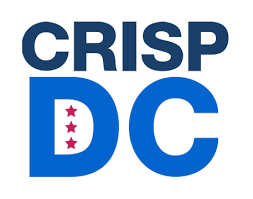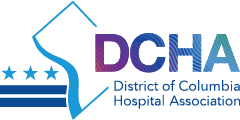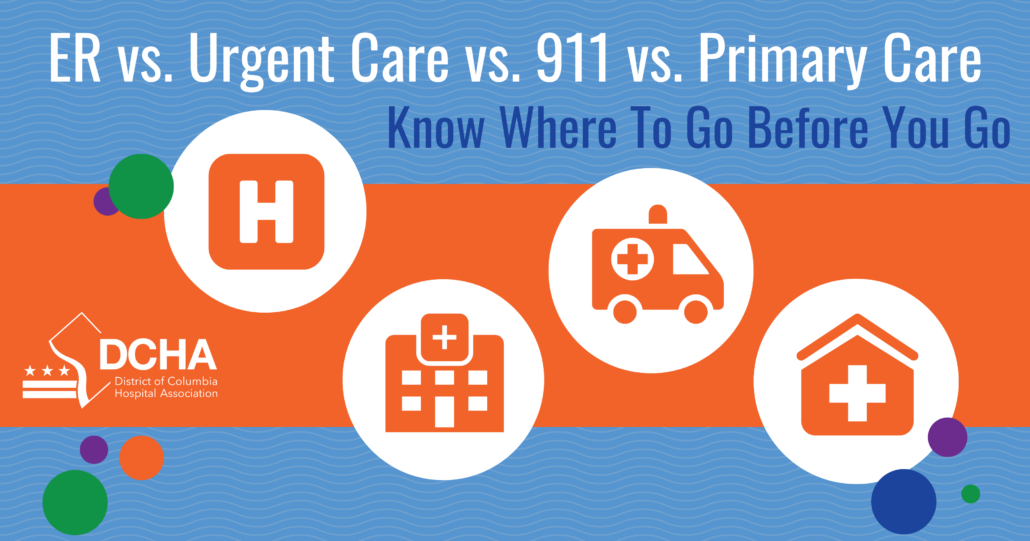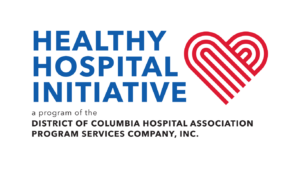
The past year was full of challenges as we evolved during a post-pandemic time. Constant pressures on the healthcare system, ongoing workforce shortages and financial insecurities forced leaders to think of new approaches to sustain critical services and programs. Hospitals across the country continue to report an alarming rise in patients who become caught in limbo in emergency departments; experiencing delays due to a number of factors that result in poor patient outcomes, staff dissatisfaction and unnecessary costs.
Longer emergency department stays are more common for patients needing behavioral health treatment than for patients with other diagnoses and conditions. Patients with acute psychiatric issues often wait in hospital emergency departments for three to five days or more before they can be admitted to an inpatient behavioral health facility, according to a September 2021 article published in NEJM Catalyst Innovations in Care Delivery.
However, there are solutions to these challenges. Health care facilities and states who have implemented the XFERALL (pronounced transfer-all) solution have seen faster patient transfers and better patient care. XFERALL (a company created by clinicians who recognized this patient transfer issue) creates a virtual network for hospitals, health care facilities and mobile crisis units to connect to one and other to both send and receive behavioral health patients in need. Eliminating the tedious actions of calling, faxing and finding the correct facilities to transfer patients to. This can all be accomplished with the XFERALL platform.
Health care facilities using XFERALL have experienced lower costs and an impressive 86% reduction in patient transfer times on average. Patient transfers coordinated via the XFERALL platform experienced an additional 25% decrease in 2022 compared to 2021 demonstrating consistent improvements expediting patient transfer intake process.
In 2022, XFERALL saved it’s partners more than $61.9 million in costs and revenue allowing hospital leaders to invest in critical programs, their teams and the communities they serve. Together we can achieve better results through our commitment to bring resources to the provider community in the District of Columbia.
Through our partnership, XFERALL and DCHA are dedicated to working together to improve access to care.









